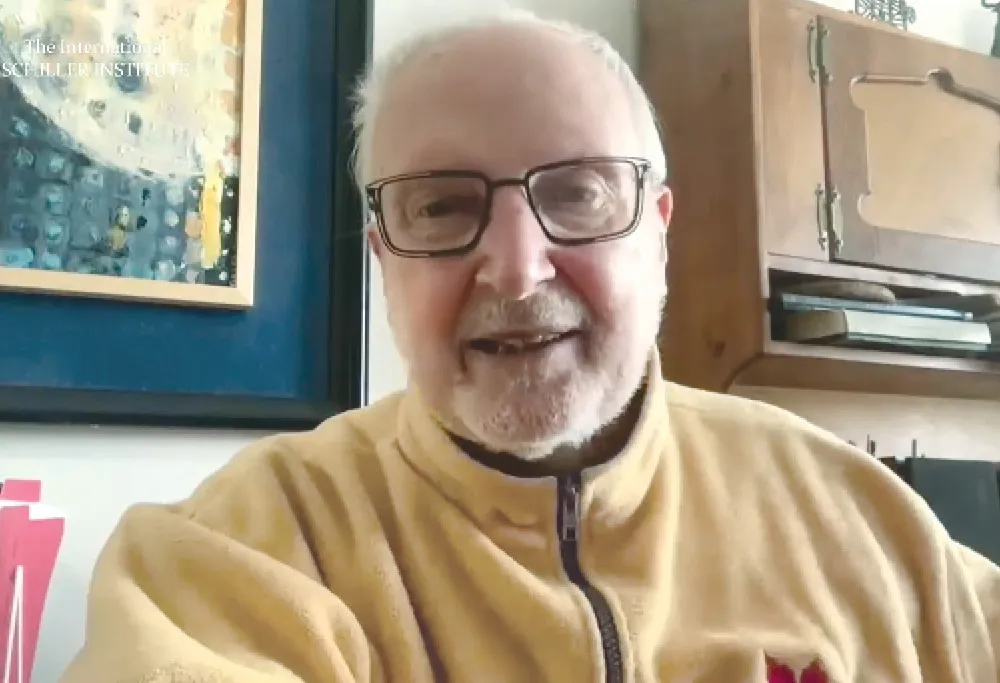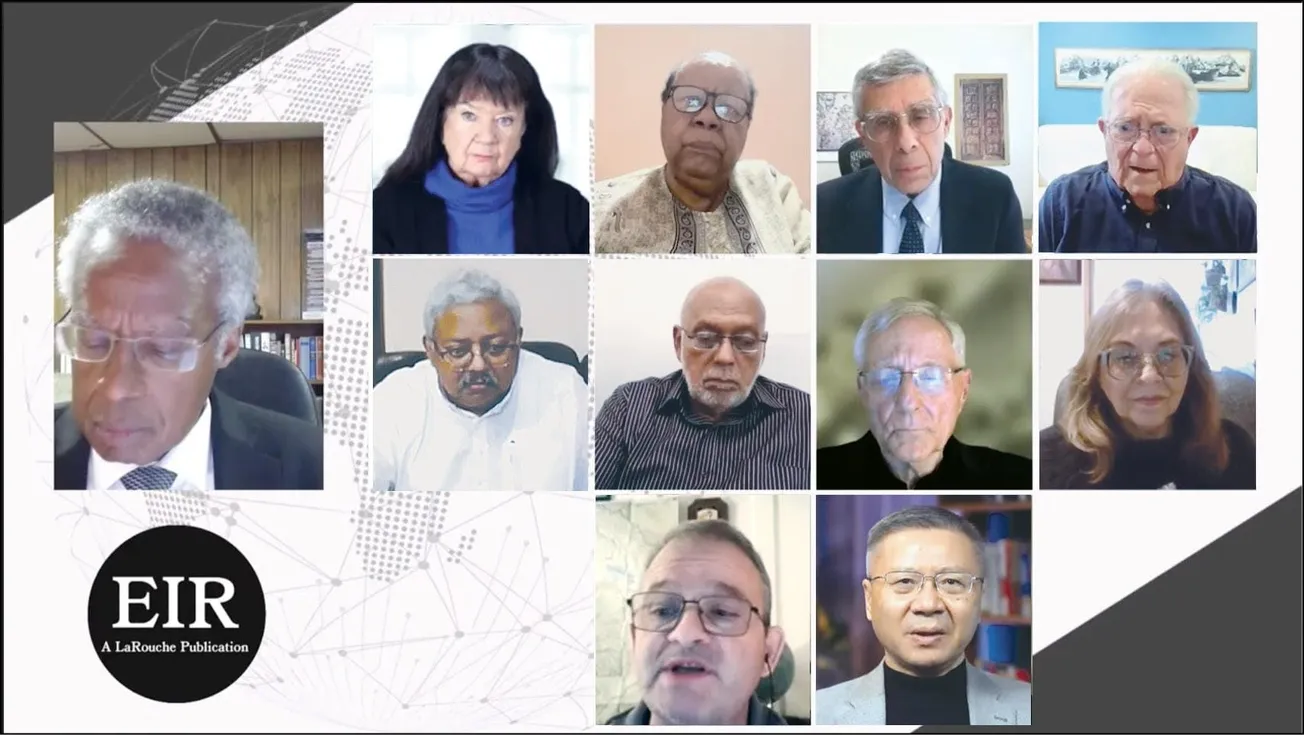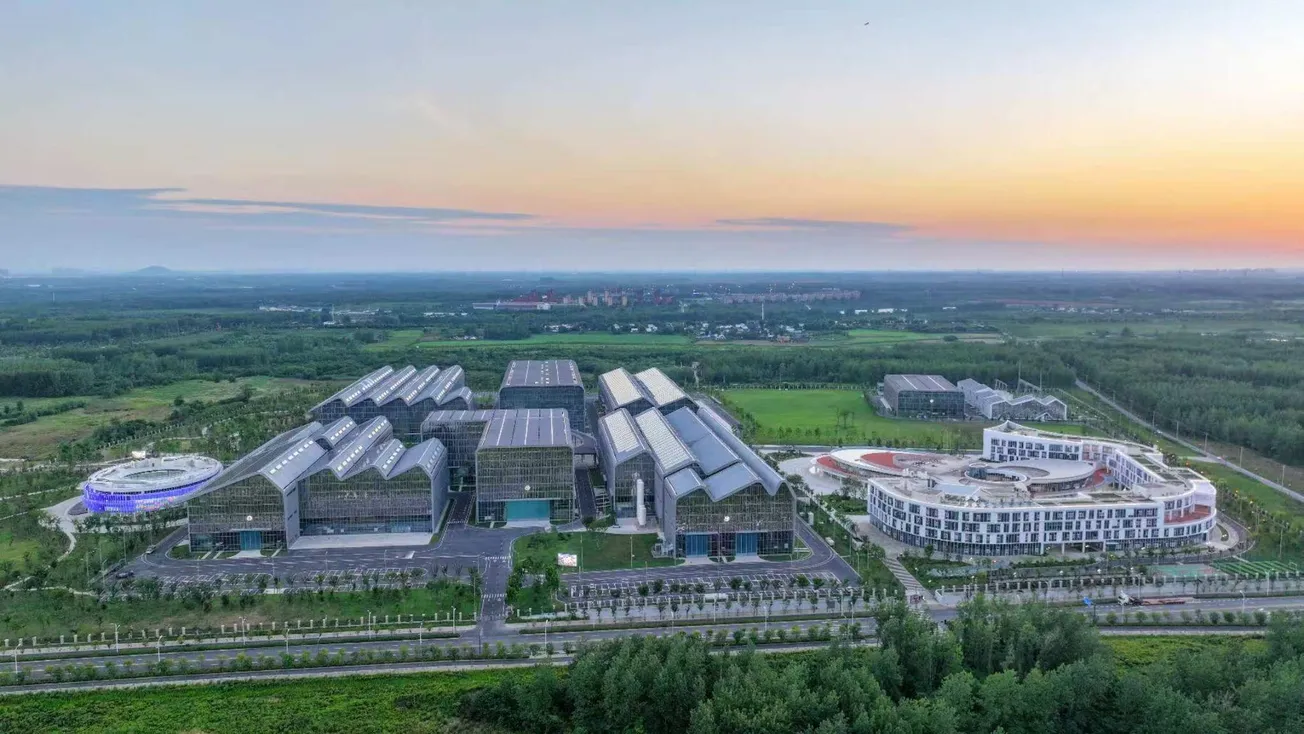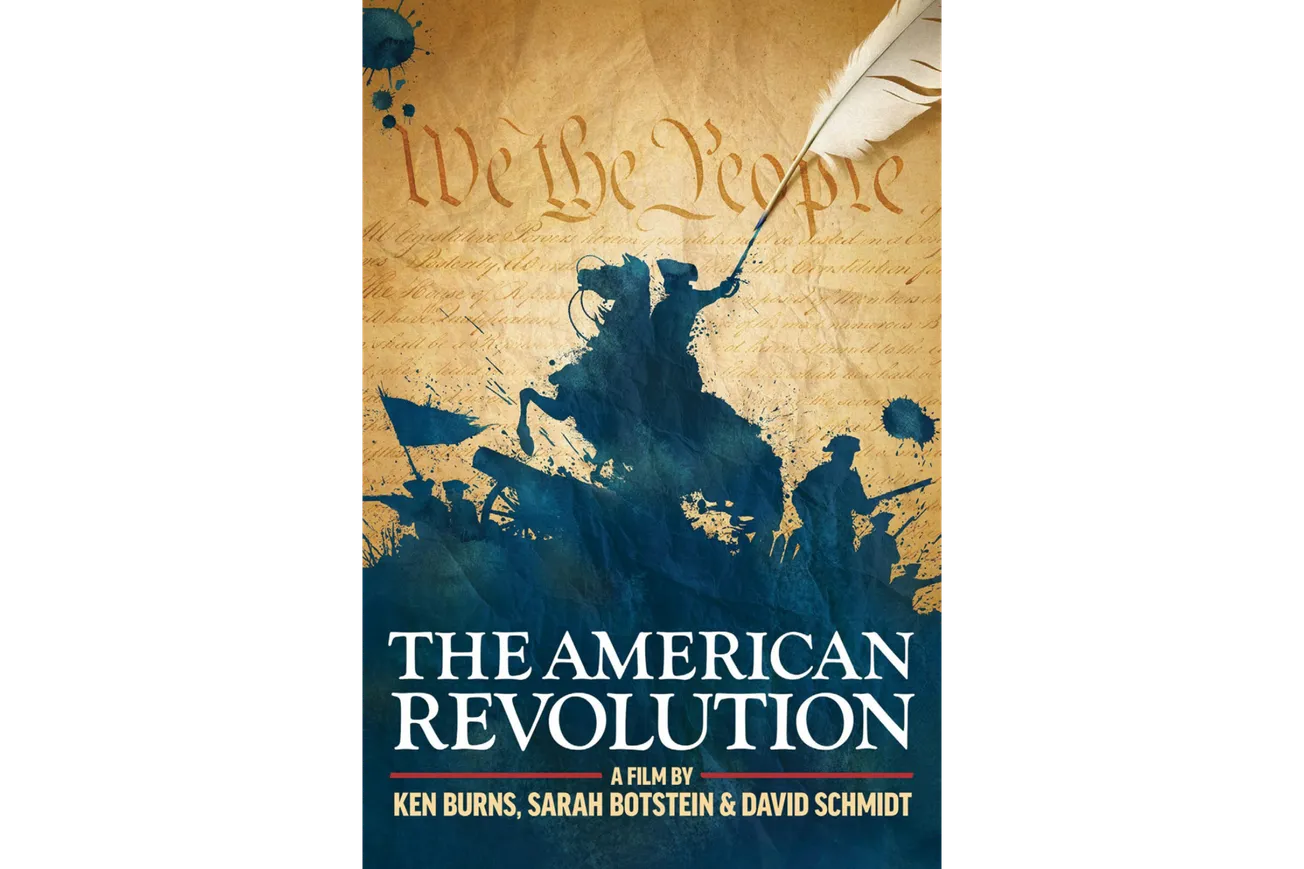The following is an edited transcript of the Feb. 18, 2025 Executive Intelligence Review interview with Graham Fuller. Mr. Fuller, an Islamic scholar, is a former U.S. diplomat and CIA official, and served as vice chairman of the National Intelligence Council. The interview was conducted by EIR’s Mike Billington. Subheads have been added.
Mike Billington: Greetings. This is Mike Billington, with the Executive Intelligence Review and the Schiller Institute. I have the pleasure of interviewing, today, Mr. Graham Fuller, former longtime CIA official, including being the vice chairman of the National Intelligence Council at the CIA, responsible for long-term strategic forecasting. He’s also very much an expert on Arab issues, which we will mention during our discussion here.
Graham Fuller: I just might mention Mike, I’ve also, from early days in my life, been very focused on Russia. I majored in Russian history and literature and language at Harvard. So I’m, yes, a lot of Arab world stuff, but a lot in Türkiye, and in Hong Kong, China for many years. It’s been a bit of a trip around the world.
Billington: Okay. So you’re a good person to have on, because the whole world is changing very, very rapidly. I watched the interview that you did with Nima Alkhorshid in Brazil, along with Ray McGovern and Larry Wilkerson. In that interview, you said that the Arabs have been rather reserved in their support for the Palestinians, partially because the radical position taken by the Palestinians would tend to upset the kings and the emirs in the Arab world. But you also then said that the genocide of this last year has broken through some of that hesitancy and that the Arabs are coming together to support the Palestinians. Do you want to explain that process?
Fuller: Well, Mike, the ruling circles in the Arab world—and they’re all kings and emirs for the most part—have feared the revolutionary character of the Palestinian nationalist movement, which is essentially a national liberation movement and a movement seeking to free themselves and be more independent and under democratic rule. Furthermore, it’s a public movement. It’s a nationalist, emotional movement that Arab rulers fear, because they don’t want people in the streets demonstrating on any issue, because it suggests people power in the streets, that one day could be the root of turning against the ruling circles themselves. So, any kind of public agitation of that sort is not welcome. The Palestinians are the preeminent symbol of revolutionary change in the Middle East, as are the Iranians, who are the other very feared state. It’s not that Arabs hate Persians, necessarily, but because the Iranians had a genuine revolution, a street revolution that we don’t see much of in the world anymore. They’re usually coups in the Arab world. But the Iranians, the Persians, had a real revolution. And that scares the hell out of dictators and various authoritarians across the region. They may feel sorry for the Palestinians, but they don’t want mass agitation.
Potentials for Arab Unity
Billington: What did you mean when you said they’re starting to come together now, the Arab world?
Fuller: The outrage that we’re all perceiving, in this genocide, this laying waste to the Gaza Strip, with Israel moving again, as they want to do, into Lebanon, into parts of Syria, annexing the Golan Heights—the real borders of Israel are known only to God, because it’s all in the Bible; it all depends on how you interpret it. There are those Israelis and interpreters of the Holy Scripture that see signs that Israel, Greater Israel, has a place in parts of Saudi Arabia, going back to ancient days. Of course, Jordan is functionally, in many ways, a Palestinian state. It’s got a slight majority, a Palestinian majority in Jordan. Parts of Egypt have figured very prominently in Jewish history going way back. Nobody knows where Israel will stop when it’s in its expansionist mood, which is where it is now, and where its right wing certainly locates itself.
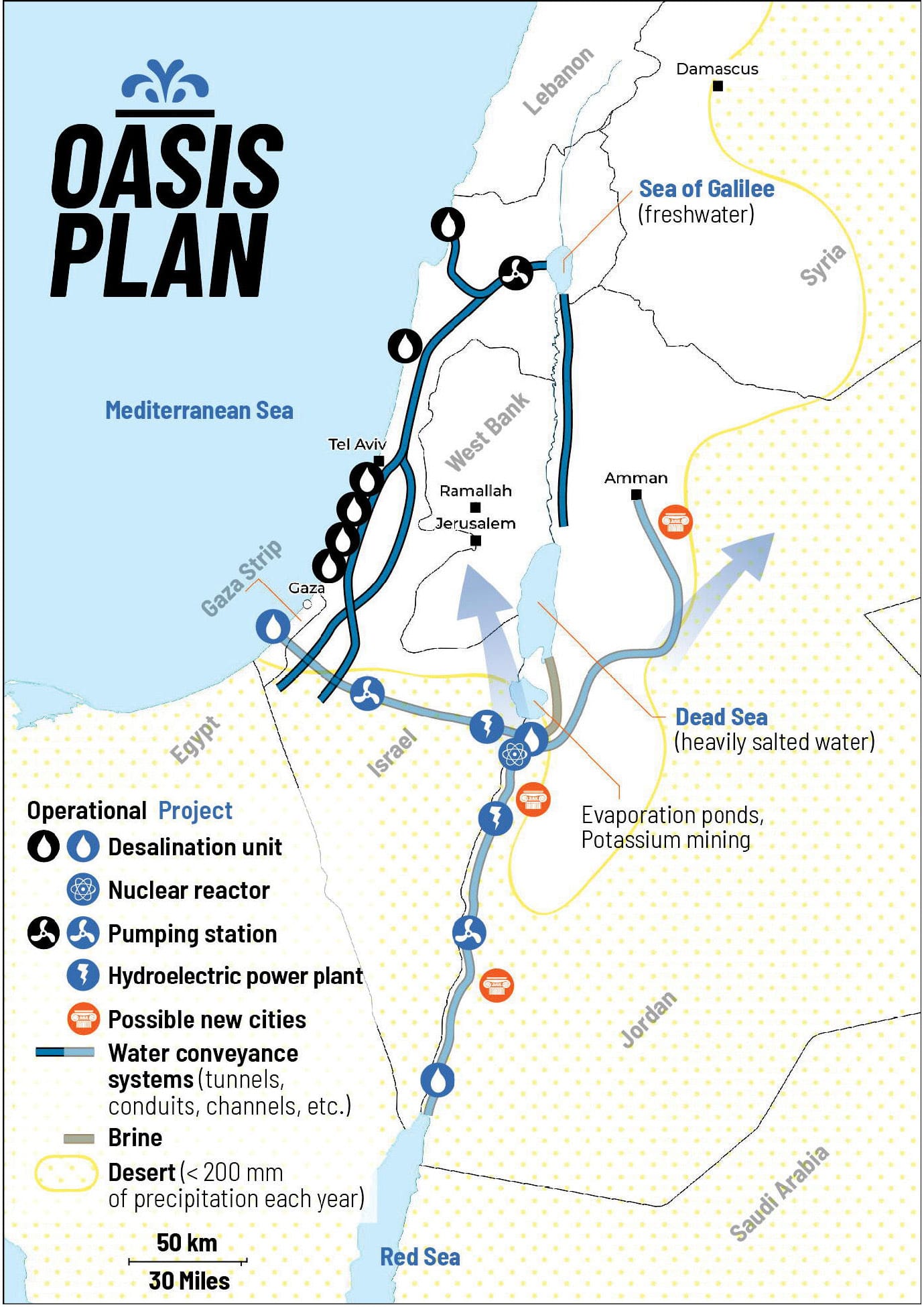
Billington: You have endorsed the LaRouche Oasis Plan which Lyndon LaRouche first devised back in the 1970s for a massive water and power development program for Palestine, but going beyond Palestine into the broader region. You’ve suggested in particular, that such a plan should extend through Iraq and Iran and on into Afghanistan and Central Asia. What do you think about the Oasis Plan, and, in particular, what do you think would be the impact on the international discussion about the Mideast crisis if it were introduced as part of a peace plan for the region?


